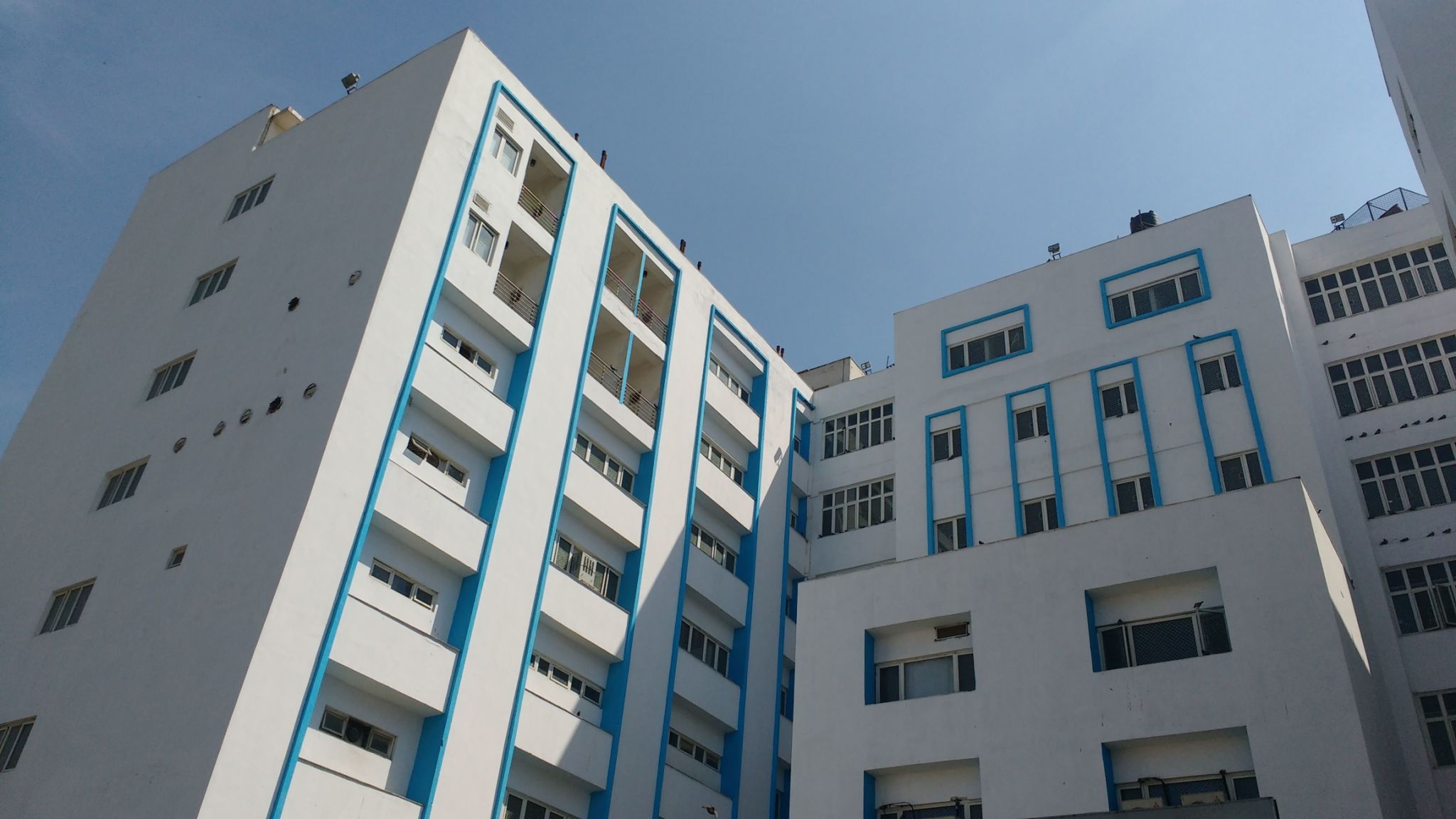Essential Compliance Tips for Delhi Hospitals Preparing for NABH Accreditation
Understanding NABH Accreditation
Achieving NABH (National Accreditation Board for Hospitals & Healthcare Providers) accreditation is a crucial step for hospitals in Delhi aiming to enhance their quality of care and operational efficiency. This accreditation not only signifies a commitment to excellence but also builds trust with patients. As hospitals prepare for this rigorous process, understanding the essential compliance tips is key to a successful accreditation journey.

Establishing a Dedicated Team
The first step in preparing for NABH accreditation is to establish a dedicated team that will oversee the entire process. This team should include members from various departments including administration, clinical services, nursing, and support services. Their responsibility is to ensure that all standards are met and that there is a cohesive approach to achieving accreditation.
Documentation and Record Keeping
Meticulous documentation is at the heart of the NABH accreditation process. Hospitals must maintain comprehensive records that demonstrate compliance with NABH standards. This includes patient records, staff training documentation, and hospital policies and procedures. Maintaining an organized system for documentation is crucial for demonstrating compliance during the NABH assessment.

Enhancing Patient Safety and Care
Patient safety is a core component of NABH accreditation. Hospitals must implement strategies to minimize risks and enhance patient outcomes. This involves regular audits of clinical practices, ensuring infection control protocols are in place, and training staff in emergency preparedness. By prioritizing patient safety, hospitals can significantly improve their chances of achieving accreditation.
Infrastructure and Facility Management
Another critical area for compliance is infrastructure and facility management. Hospitals need to ensure that their physical environment meets NABH standards. This includes proper waste management systems, safe water supply, and adequate ventilation. Regular maintenance checks and facility audits can help identify areas that need improvement.

Focus on Staff Training and Development
A well-trained staff is essential for meeting NABH standards. Continuous education and training programs should be in place to ensure that all staff members are aware of the latest healthcare practices and protocols. Regular workshops and seminars can help in keeping the hospital staff updated on new developments in healthcare and best practices.
Patient Feedback and Continuous Improvement
Incorporating patient feedback into the hospital's operations is vital for continuous improvement. Hospitals should have a robust mechanism for collecting feedback from patients and their families. This feedback should be analyzed regularly to identify areas for improvement, ensuring that the hospital continually evolves to meet patient needs and expectations.
Utilizing Technology for Compliance
Leverage technology to streamline compliance efforts. Implementing electronic health records (EHR) systems can improve the accuracy and accessibility of patient records. Additionally, using software solutions for document management can simplify the process of maintaining compliance documentation. Technology can play a significant role in enhancing operational efficiency and meeting NABH standards.
